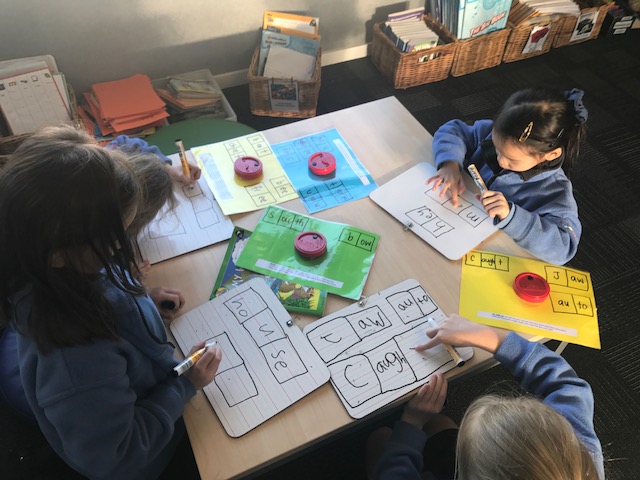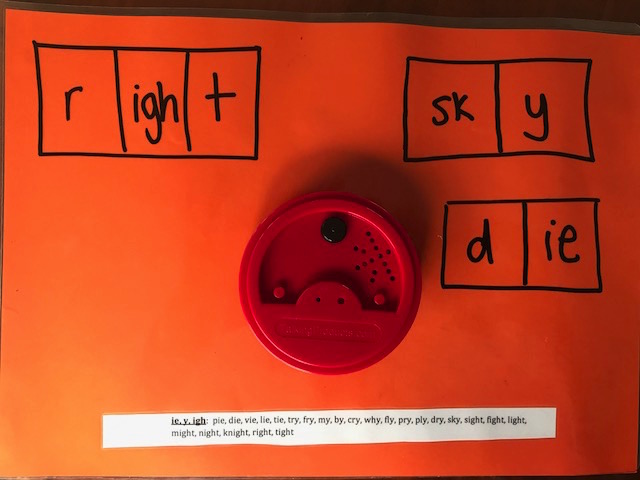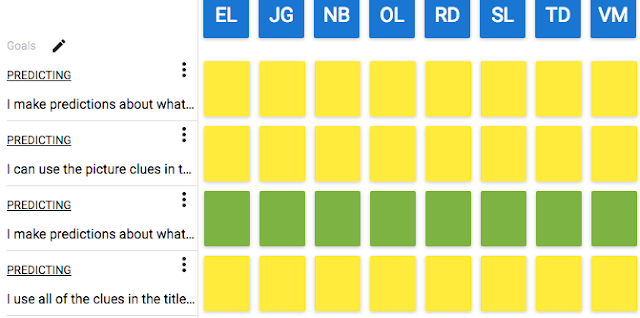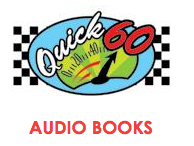Elkonin Boxes used to help us spell words with the different vowel sounds

This morning in phonics we used our sound boxes, learners are really getting the hang of spelling words that can trip them up when reading. This helps when children are having difficulty hearing the individual sounds (phonemes) in words and writing the corresponding letters to make the words. This in time is helping learners to decode words and help with reading fluency. Phonics-Sound-Elkonin-Boxes.pdf list words







